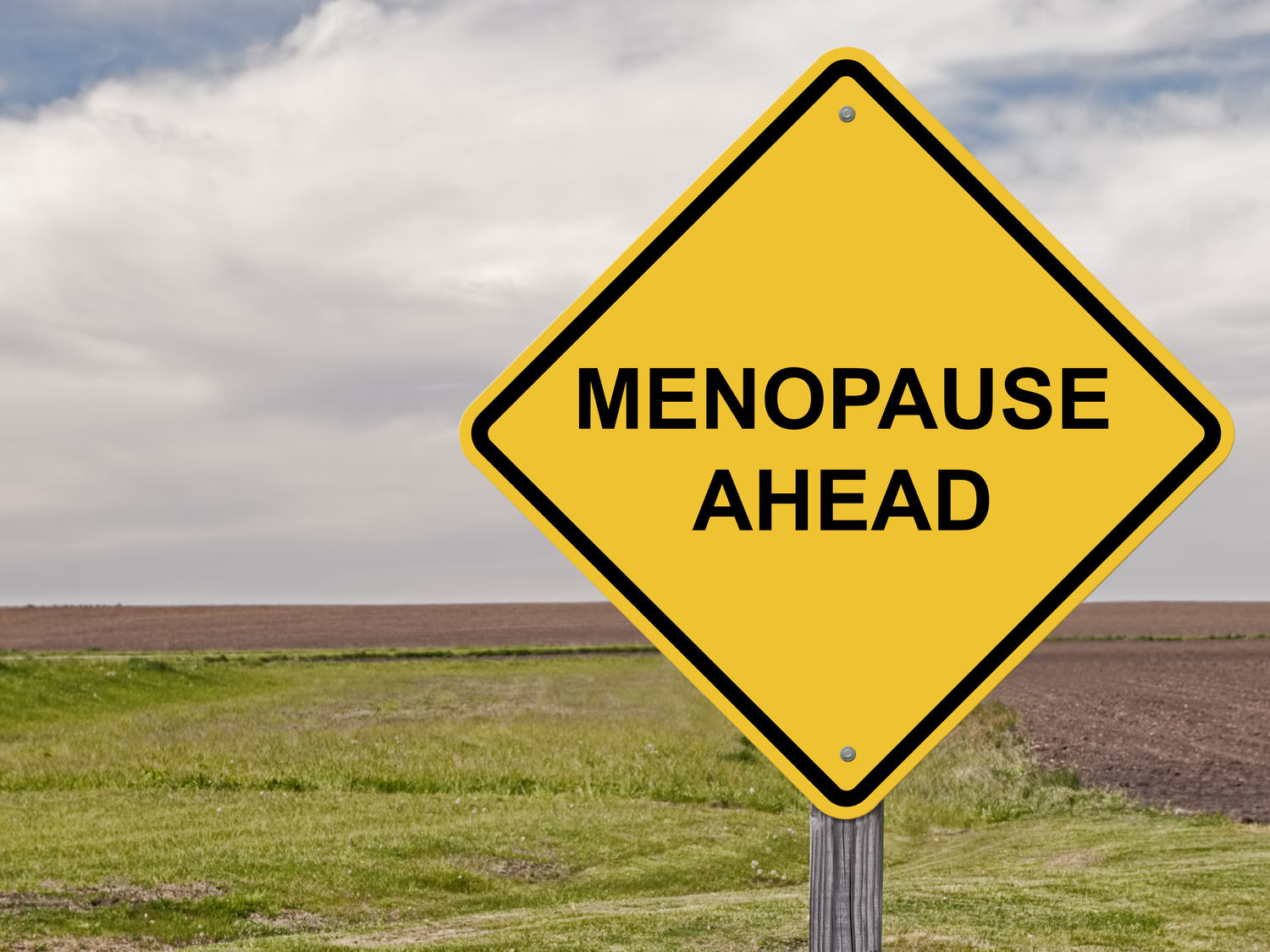
Menopausal Symptoms and Relief
Suffering from heat spikes, night sweats and sleepless nights does not mean you are terminally ill, it just means you might be suffering from menopause symptoms. Mood swings, brain fogs, excessive facial hair, leaky bladder, fluctuation temperature changes, painful intercourse and head hair loss are signs of menopause. Menopause is a natural occurrence in women that marks the cessation of the menstrual cycle.
The problem is that many women don’t know how to identify the signs and know little about menopause, which marks a period of 12 months since the last menstrual cycle; and perimenopause, which typically begins in the 40’s and can last up to 10 years prior to full menopause. At the onset of perimenopause, women will start to notice menopause symptoms like hot flashes, night sweats, sleep interruption, heart palpitations, poor memory and vaginal dryness. In some women, even signs of depression can appear. Signs that perimenopause is beginning may include:
1. Irregular menstrual periods
The first sign of perimenopause is when periods begin occurring less regularly. They become heavier or lighter than usual and can sometimes appear more frequently or less frequently than usual. Keep in mind, when you have menstrual changes you should see your doctor as this could also indicate pregnancy.
2. Vaginal dryness or discomfort
Itching and dryness can also occur in the perimenopause period and continue through to menopause. A woman may find she has Dyspareunia (uncomfortable sex) and may even get skin infections. The dryness can cause the skin to break. Use moisturizers, medications and lubricants to relieve the chafing and dryness.
3. Hot flashes
Another common symptom is hot flashes. This is a feeling of being very hot in the upper body. The heat may start in the face, neck or chest and progress to other parts of the body. Hot flashes can cause sweating, red patches on the skin, night sweats and in some cases chills or cold flashes. This symptom occurs during the first year after menstruation ends but can continue for 10 to 15 years afterward. To relieve hot flashes, women can take estrogen or hormone therapy, although many women have been known to use natural remedies such as wild yam cream to relieve the symptoms.
4. Sleep disturbances
Sleep problems can also occur during menopause. These disturbances can come as a result of night sweats, mood swings and an increased need to urinate. Getting regular exercise, avoiding heavy meals before bedtime and going to bed at a regular hour can help manage this problem.
5. Mood swings
Anxiety, fatigue, sadness and unexplained mood swings are normal during menopause. It is not uncommon to experience crying spells, irritability and sadness. Hormonal changes contribute to these feelings. If the mood lasts more than two weeks, women should seek medical or psychological help.
6. Treatment
Perimenopaus and menopause are not health issues, but a normal transition for women. However, they can bring about uncomfortable physical and mental changes. If you are concerned about these changes you should seek medical attention. A doctor may recommend hormone therapy, however, if you present risk factors such as blood clots, heart disease, gallbladder disease, liver disease, breast cancer, high levels of triglycerides in the blood then other solutions should be sought, such as counter lubricants for vaginal dryness, low dose birth control pills, sleep aids, or in some cases low-dose antidepressants. Alternative and homeopathic remedies such as herbal supplements and acupuncture may also help to relieve symptoms.


